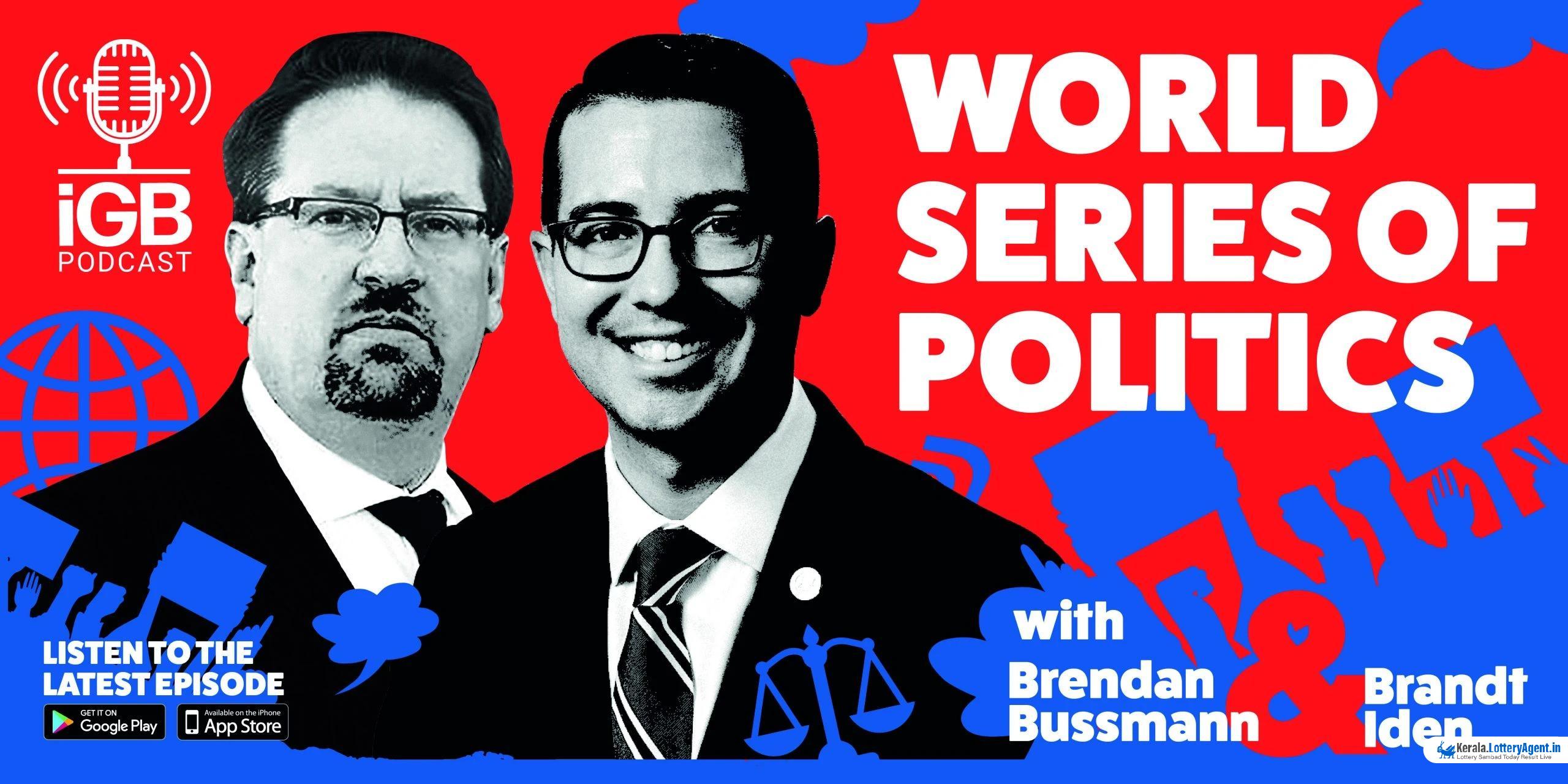
The World Series of Politics is back after overcoming some technical challenges, and there’s plenty to cover from the latest developments in U.S. states. In this episode, we delve into the political dynamics of Minnesota, Washington D.C., Delaware, and Illinois.
We commence our journey in Minnesota, where anticipation was high for the legalization of sports betting before the legislative session concluded. However, the session ended without any progress on the sports betting front. Minnesota had been one of the four U.S. states – alongside Alabama, Georgia, and Missouri – expected to enact sports betting legislation. Unfortunately, none of these states saw the anticipated legislation come to fruition.
Several factors contributed to Minnesota’s failure to pass sports betting legislation, according to Bussmann. One notable incident was the arrest of state senator Nicole Mitchell for burglary, which threw a wrench into the proceedings. “In the end, one of the downfalls of this was just, you had, you know, a bunch of people, some D’s that just didn’t want to get along at the end,” Bussmann explains. Despite achieving a compromise package that garnered bi-partisan agreement in the Chamber, it did not advance further because it was not included in the legislative agenda. Bussmann lamented, “We got killed by the process this year.”
Shifting gears to Washington D.C., the district has initiated its budgeting process. Iden sheds light on a bill introduced by council member McDuffie, which aims to authorize a mobile market within the district. “The language that McDuffie has crafted calling for an open competitive sports betting market in the district is now inserted into the budget,” Iden elaborates. This budget debate is set to unfold over the next three weeks, eventually culminating in the passage of the budget package, complete with specific language to support McDuffie’s proposal.
After the local council approves the budget package, the next phase involves sending it to Congress for approval within 30 days. It remains uncertain whether the language permitting an open and competitive sports market will remain in the budget or will be isolated as standalone legislation. Iden further adds that commissioners and council members oppose the model presented by Intralot, who selected FanDuel as its new subcontractor following underwhelming results with GamBetDC. “This DC sole-sourced lottery run contract has failed the district,” Iden asserts.
. He argues that merely introducing a new operator to replace the previous one would not rectify the systemic issues rooted in Intralot’s model.
Next, we arrive in Delaware, which mirrors D.C.’s situation. The state also relies on a sole-source operator via the lottery, and there’s an emergent push among operators for a competitive market. However, unlike D.C., Delaware boasts an additional component — igaming. Bussmann critiques Delaware’s model, describing it as perpetually fractured. Nonetheless, House Bill 365 aims to address these issues. Bussmann contends that establishing an open and competitive market would significantly undermine illegal market activities.
Our final destination is Illinois, the state currently capturing everyone’s attention. Recently, the Illinois House of Representatives passed a controversial bill proposing a heightened tax rate. This new rate would tax certain operators at 40%, a significant increase from the original 15%. Bussmann strongly criticizes this move, stating, “Bad tax policy should never be followed.” He argues that layering poor tax policy could ultimately harm the market, drawing parallels with Maryland’s flawed report and subsequent legislation.
To conclude our coverage, Iden briefly discusses his home state, Michigan. The Michigan Gaming Control Board (MGCB) has taken a decisive step against Curaçao-based Bovada. The MGCB alleges that Harp Media BV, Bovada’s operator, allowed Michigan residents to access Bovada.com and Bovada.lv without the requisite licenses. This regulatory action signifies Michigan’s stringent stance on enforcing its gaming laws.
In summary, the complex interplay of legislative actions, differing state policies, and the overarching quest for competitive and open markets define the current political landscape in these U.S. states. We will continue to monitor and report on these unfolding stories as each state navigates the intricate path of policy-making and regulatory frameworks. Stay tuned for more updates from the World Series of Politics.












